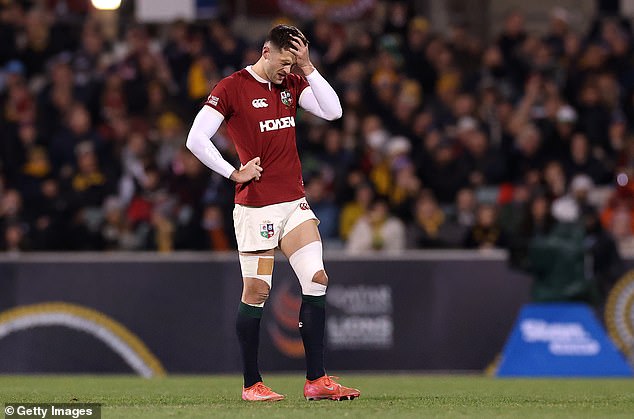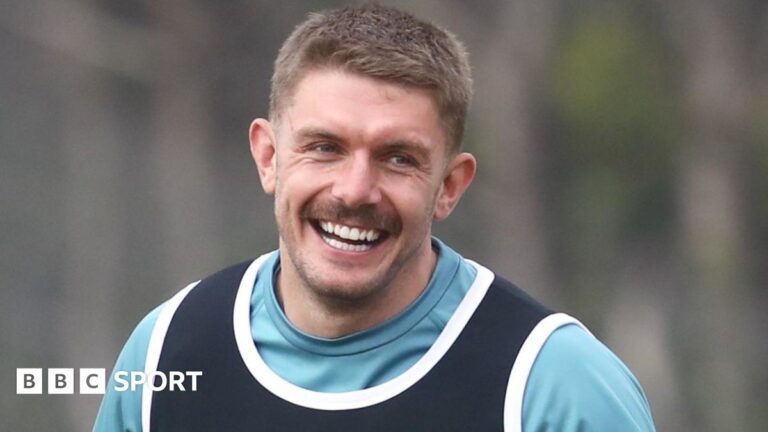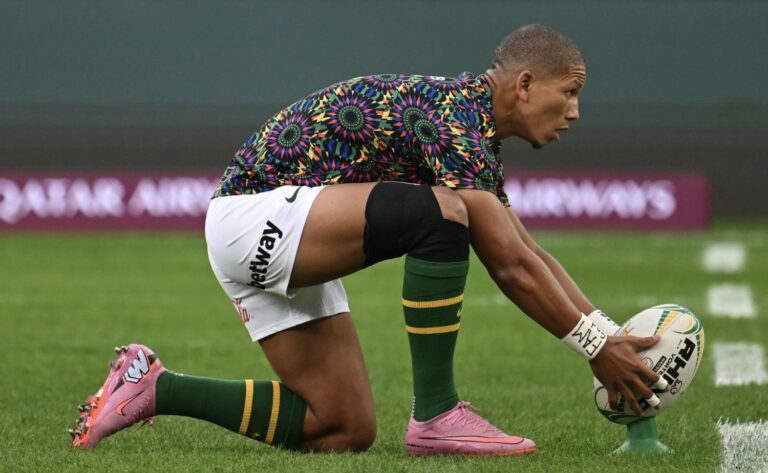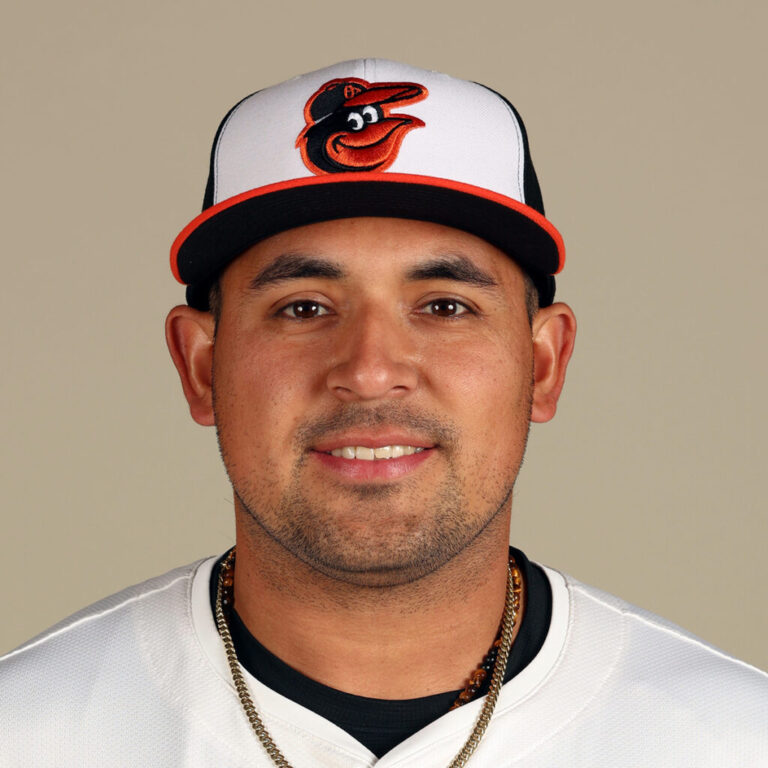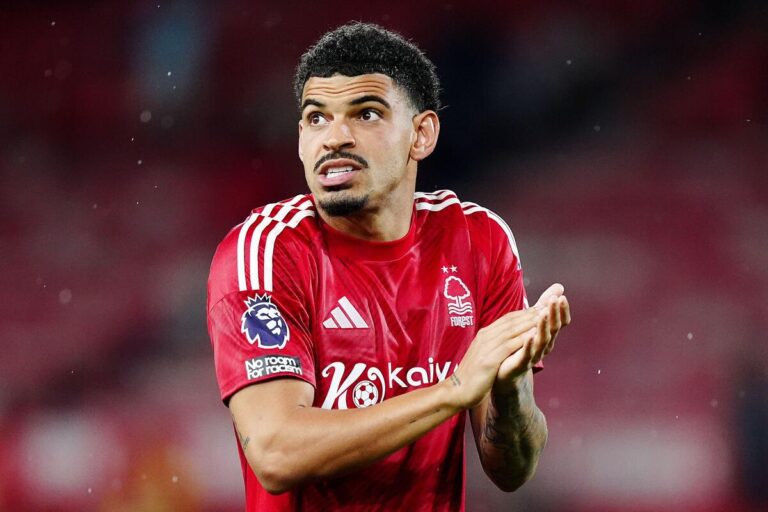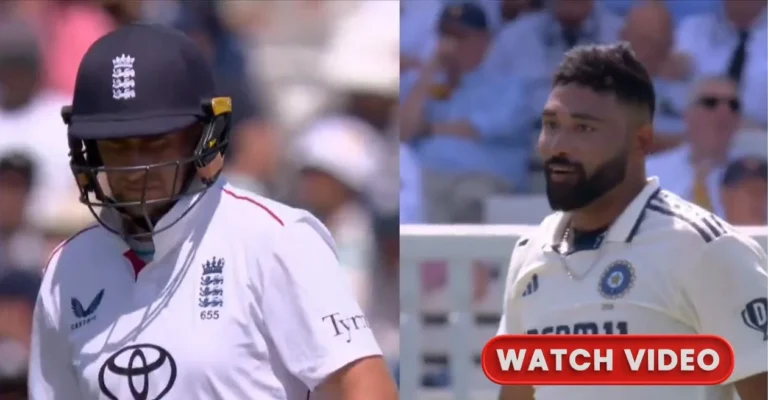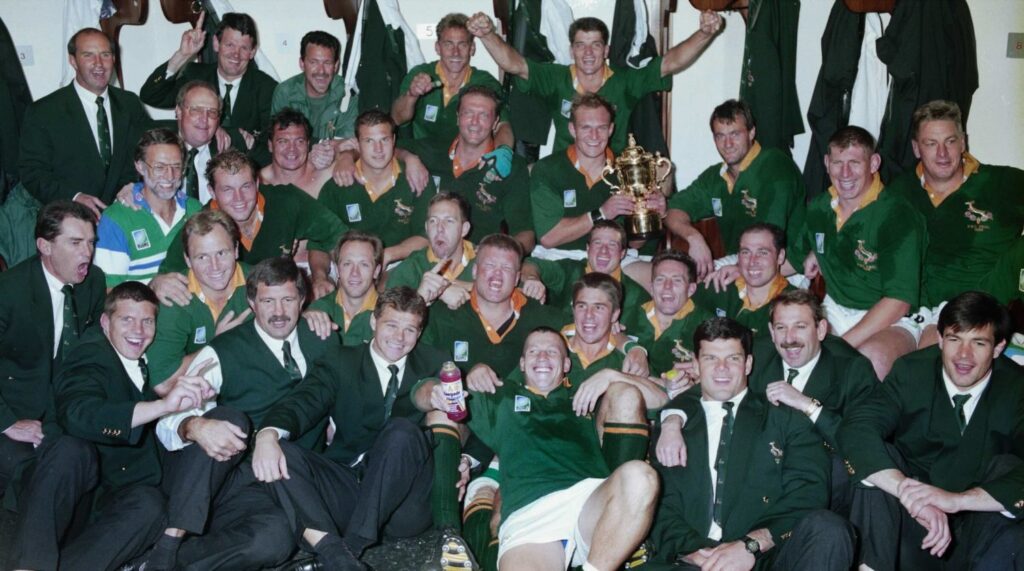

Thirty years on from their famous World Cup win, SA Rugby magazine looks back at what became of the 1995 Springboks.
MARK ANDREWS (LOCK/NO 8)
Andrews retired from Test rugby in 2002 and played for Newcastle in England until 2004. Upon returning to South Africa, he became founding director and shareholder of M5 Sports group until 2017. In 2019, he founded Innov8 Solar, which specialises in structuring renewable energy solutions for industrial, retail and commercial clients.
ROBBIE BRINK (FLANK)
The former Western Province and Ulster loose forward transitioned into property development, with his Irish wife, Mimi. The couple live between Cork and Cape Town, with their three children, Emily, Daniel and Eva.
JAMES DALTON (HOOKER)
‘Bullet’ ran a company called Green Planet Fax, which offered account-based fax-to-email solutions that reduced businesses’ carbon footprint. In 2024, he started the James Dalton Group, which specialises in identity theft monitoring, personal cyber insurance/warranty, social media account protection and digicare. Dalton has stayed fit and obtained a purple belt in Brazilian jiu-jitsu.
NAKA DROTSKÉ (HOOKER)
Drotské ended his playing career after Free State’s 2005 Currie Cup triumph. He was appointed team manager in 2006 and took over as head coach in 2007, when the Cheetahs won the domestic tournament for a third successive year. With Drotské at the helm, the Cheetahs reached the Super Rugby playoffs for the first time in 2013. After retiring from coaching to focus on his business interests, Drotské became a director and co-owner of Exclusive Products.
OS DU RANDT (PROP)
Hampered by injuries, Du Randt hung up his boots in 2000, but returned to play for Free State three years later. In 2004, he made his Springbok comeback and in 2007 played his last 80 minutes of rugby in the World Cup final. Du Randt has since filled scrum-coaching positions, most notably with the Cheetahs, and was a scrum consultant to the Springboks in their 2011 World Cup buildup. He is currently the branch manager for Smith Mining Equipment in Klapmuts.
MARIUS HURTER (PROP)
After rugby, Hurter qualified as an attorney with right of appearance in the High Court. He is now practising law full time at Ward Brink Attorneys in Cape Town, specialising in family, labour and sports law. He has also been Maties’ Varsity Cup scrum coach for the past 12 years and loves to take part in endurance events.
PIETER HENDRIKS (WING)
Hendriks joined former Springbok wing Ray Mordt’s company Sisonke Hydraulics & Engineering before the 1995 World Cup and is now a co-owner and marketing director. In 2002, he bought a cattle farm in Mpumalanga and continues to work in the agricultural industry.
ANDRÉ JOUBERT (FULLBACK)
After retiring in 1999, the ‘Rolls-Royce of fullbacks’ started a company called 3G Technology which sells and services Konica Minolta multifunctional print devices and systems. Between running the business in Durban, and spending time with wife Tracy, daughter Isabella and son Sean, Joubert stays fit by mountain biking and playing golf.
GAVIN JOHNSON (FULLBACK)
By the time Johnson’s career had ended, he was desperate to return to the bush. He and his wife Penny travelled to the far reaches of western Zambia where they discovered Mutemwa, on the banks of the Upper Zambezi River. They own a tourist lodge there, which has been home to the family for the past 30 years.
RUBEN KRUGER (FLANK)
After finishing his rugby career in 2000, the ‘Silent Assassin’ established a camera franchise business in Pretoria. He was diagnosed with a brain tumour later that year, and went to Nigeria to seek help from faith healer TB Joshua. The tumour was removed in 2000 but resurfaced in 2009, and Kruger died two months before his 40th birthday.
HANNES STRYDOM (LOCK)
Strydom was a pharmacist who owned three pharmacies in Pretoria, while also developing and launching a range of vitamins. The towering Springbok lock died in a motor accident in November 2023.
HENNIE LE ROUX (FLYHALF/CENTRE)
Le Roux founded the South African Rugby Players’ Association in 1998, which he presided over until 2008, and established a range of other companies in the years that followed. He spends most of his time in Port Elizabeth and heads for African Safari Lodge (his small game reserve) whenever opportunity allows.
JAPIE MULDER (CENTRE)
Mulder joined Leeds in 2001 but a neck injury forced him to retire two years later. He worked for telecommunications infrastructure company Dark Fibre Africa, before joining Samsung. Since 2015, Mulder has operated Oasys Civils, which deals with the planning, management and delivery of commercial and residential building projects.
KRYNAUW OTTO (LOCK)
Otto had to retire at the age of 28 after suffering a brain injury against the Wallabies in 2000 and had coaching stints with Tuks and the Valke. He is currently the commercial head at The Reclamation Group, which recycles ferrous and non-ferrous metal products in Southern Africa.
GARRY PAGEL (PROP)
Pagel played for Northampton from 1997 to 2001. In the 1999-2000 season, he won the European Cup with Saints and his daughter Louisa was born a few months later. In 2001, Pagel returned to South Africa to pursue farming near Adelaide in the Eastern Cape. In 2014, the Pagels relocated to Bathurst, close to Port Alfred, and in 2019 moved to Kleinemonde in the Eastern Cape, where he semi-retired.
FRANCOIS PIENAAR (FLANK)
After playing his last Test in 1996, Pienaar joined English club Saracens, becoming their first player-coach and then CEO. He returned to South Africa in 2003 to join FNB as head of sponsorships and new business development. Pienaar was later appointed provincial chairman for FNB in the Western Cape. His passion for education had him establish the Make a Difference Leadership Foundation (NPO) in 2002. In 2008, he co-founded the Varsity Cup and in 2009, Advent Sport Entertainment and Media.
ADRIAAN RICHTER (NO 8)
Richter farmed for six years between 2000 and 2006 in Nylstroom, where he coached the primary school’s rugby team. The farm was sold in 2006 and the Richters moved to Witbank. The former eighthman occupied a managerial position at Darajo Hire, a company owned by his wife Christa, and is now semi-retired with two teenage children.
CHRIS ROSSOUW (HOOKER)
Rossouw, who is now a farmer, was diagnosed with lymphoma after he had experienced discomfort in his back. His recovery motivated him to deliver messages of hope to other sufferers through the Lymphoma Awareness Campaign. He now works in the family business, the Rossgro farm company.
JOHAN ROUX (SCRUMHALF)
After his rugby career ended, Roux chose to concentrate on his business, C2E Energy Inc, which, in co-operation with various leading Chinese companies, produces petrol, diesel, fuel oil and aviation fuel technology products. He is now chairman and CEO of Global Sport Capital, which invests in sport and sport-related business.
CHRISTIAAN SCHOLTZ (CENTRE)
Scholtz entered the trade industry in 1996, opening a chain of antique furniture, arts and collectables stores. In 2008, he sold the shops and started Old Johannesburg Warehouse, an auctioneering company with five branches that buys and ships antiques in from North America, the Netherlands, Argentina, Hungary and France to be auctioned off in South Africa. He is also the auctioneer.
JAMES SMALL (WING)
Small became a successful restaurateur after retiring from rugby in 1999 and owned Cafe Caprice in Camps Bay. He also had business interests in ADreach, a company specialising in street pole advertising in South Africa. Small was involved with the Investec Rugby Academy, before being appointed NWU Pukke assistant coach for the 2014 Varsity Cup. He then joined the Leopards in the Currie Cup First Division as coaching consultant. Small passed away in July 2019 at the age of 50 after suffering a heart attack.
JOEL STRANSKY (FLYHALF)
Upon his return from playing and coaching at Leicester, Stransky moved into the corporate world. After successful stints at various companies, he helped found and became a shareholder in Pivotal Capital, an investment group. After exiting the group, Stransky moved back to KZN where he owns and operates a manufacturing company, and continues his role as a commentator/analyst for SuperSport. He is a passionate endurance athlete and mountain biker, and has completed multiple Cape Epic races.
RUDOLF STRAEULI (NO 8)
Straeuli went on to coach the Sharks, who he took to the 2001 Super Rugby final, and the Springboks, taking them to the 2003 World Cup quarter-finals. He became the Sharks commercial manager in 2005, dealing with player contracts, and then assumed a similar role with the Golden Lions Rugby Union in 2013. In June 2014 he took over from Manie Booysen as Lions CEO, a position he still holds.
BALIE SWART (PROP)
Swart began coaching at the Lions immediately after he retired as a player in 1998. He moved to New Zealand in 2000, and spent two years each at the Highlanders and Crusaders. He then returned to South Africa, joining the Sharks as an assistant coach and becoming involved with the Sharks Academy. Swart went to the 2007 World Cup with the Boks as a scrum consultant, and has since assisted many teams, schools and players in that role. He now lives in Robertson and farms blueberries.
BRENDAN VENTER (CENTRE)
Venter retired from the game in 2000 and opened a surgical practice in Cape Town. In 2001, he came out of retirement to become London Irish’s player-coach for two years, before returning to his practice. Venter assisted Rassie Erasmus at the Stormers for two years and then spent two years at Saracens as their director of rugby. After returning to South Africa, he was an assistant coach with the Junior Boks for two years, consulted for Saracens and coached the Sharks to the 2013 Currie Cup title. He is set to play a consulting role for Western Province in this year’s Currie Cup.
KOBUS WIESE (LOCK)
Wiese ventured into the restaurant trade, establishing Wiesenhof Coffees and Dulce Café, with 55 stores nationwide and in areas of Namibia. At his Wiesenhof Coffee Roastery, they blend and roast their own unique gourmet blends. He is also a SuperSport commentator and host of the Afrikaans show SuperRugby, and does public speaking and motivational talks at corporations and schools.
MORE: RWC 1995 – Uniting a nation
CHESTER WILLIAMS (WING)
Williams’ coaching career began as soon as his playing one ended. In 2001, he was Boland’s assistant coach and then became coach of the Springbok Sevens team. He was in charge of the Cats in 2004 and 2005, before becoming South Africa A and Pumas coach in 2006. Williams continued to move around, coaching Uganda in 2007, Tunisia in 2008, and two Romanian clubs, Dinamo Bucharest (2008-11) and Timisoara (2012-13). Williams was the head coach at the University of the Western Cape when he died from a heart attack in September 2019 at the age of 49.
JOOST VAN DER WESTHUIZEN (SCRUMHALF)
Van der Westhuizen retired in 2003 as the most-capped Springbok. A stint in front of the cameras at SuperSport followed, but his contract was terminated in 2009. He was diagnosed with motor neurone disease in 2011, an illness he fought until he passed away at the age of 45 in 2017.
– Compiled by Mariette Adams & Simon Borchardt
Photo: David Rogers/Getty Images
